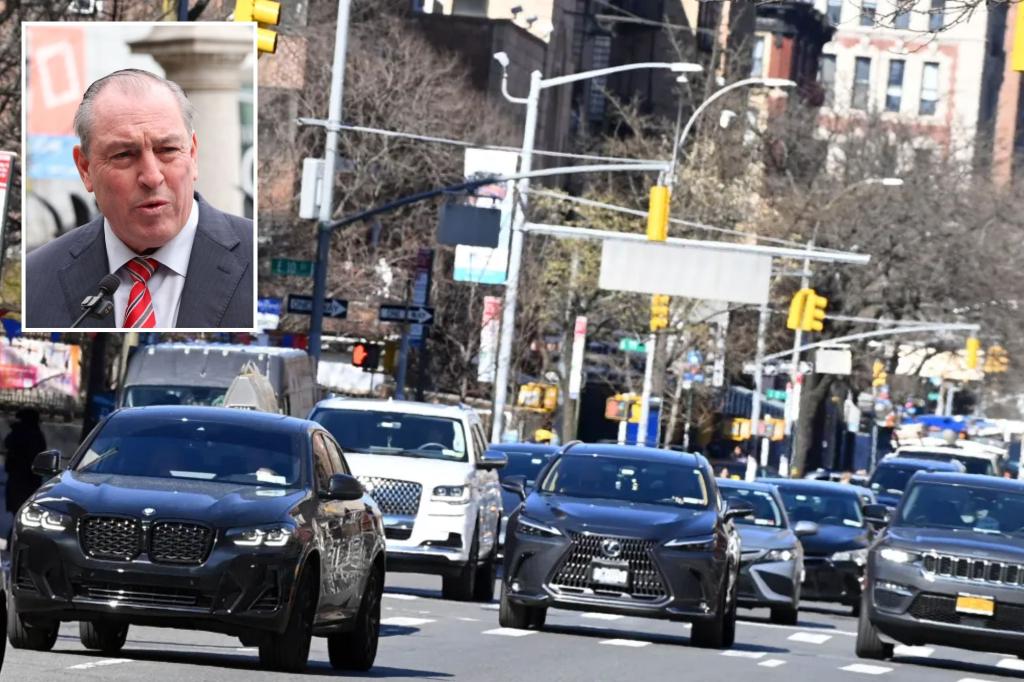Lawyers for the city teacher’s union have criticized the MTA for setting a June 30 start date for $15 congestion pricing, stating that it demonstrates the agency’s lack of consideration for the environmental impacts of the scheme. The United Federation of Teachers is financially supporting a lawsuit filed in January to challenge the congestion pricing, which involves various elected officials, teachers, and Republican Staten Island Borough President Vito Fossella as plaintiffs.
Congestion pricing in New York City applies to drivers heading south of 60th Street on city avenues and local streets, with tolls set at $15 per day between 5 a.m. and 9 p.m. Emergency vehicles, school buses, government vehicles, and cars carrying individuals with disabilities are exempt from the tolls. The lawsuit argues that essential public servants, such as teachers, would unfairly bear the financial burden of the MTA’s fundraising efforts through the congestion pricing scheme.
UFT president Mike Mulgrew and co-plaintiff Vito Fossella have expressed their dissatisfaction with the MTA’s rush to implement the congestion pricing toll before the legal case is resolved. Fossella criticized the MTA for not respecting the legal process and public feedback during the decision-making process. The program, set to start on June 30, has faced criticisms from various stakeholders, including teachers, elected officials, and government representatives.
Congestion pricing is being enforced based on a state law passed in 2019, supported by former Gov. Andrew Cuomo and the state legislature. The toll aims to generate approximately $1 billion to fund mass transit in New York City and reduce traffic congestion and air pollution. Despite political opposition and negative public opinion, the toll is scheduled to commence at the end of June unless a significant legal ruling or opposition from the Biden Administration intervenes.
The MTA has defended the implementation date by stating that it cannot proceed until the Federal Highway Administration completes its review of the toll structure and authorizes the tolling under the Value Pricing Pilot Program. The agency has also approved discounts on public transit options to encourage commuters to switch from driving to taking public transportation, particularly focusing on individuals living in the outer boroughs of the city.
While the June 30 start date for congestion pricing remains imminent, the litigation brought forth by the city teacher’s union and other plaintiffs serves as a final effort to challenge the toll implementation. The legal case represents a significant pushback against the MTA’s plans, with plaintiffs arguing for further environmental reviews and consideration of the toll’s impact on essential workers and outer borough residents. In the coming weeks, the fate of congestion pricing in New York City will likely be determined through legal proceedings and potential interventions from governmental authorities.


